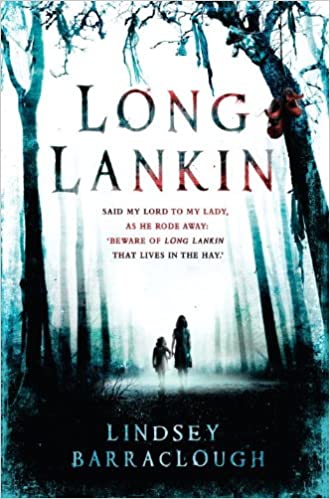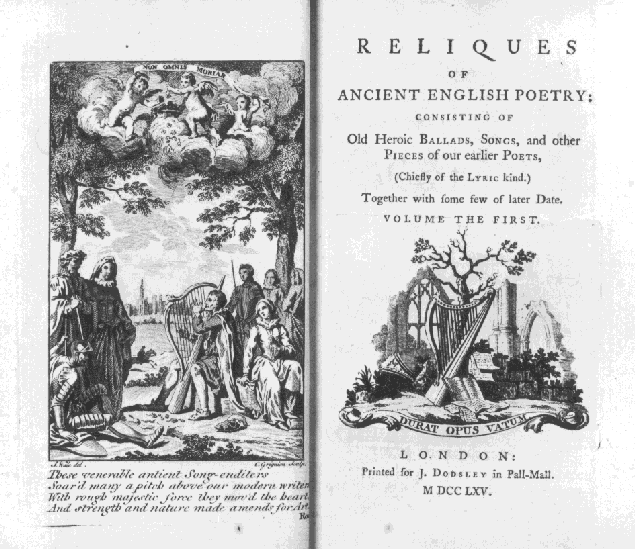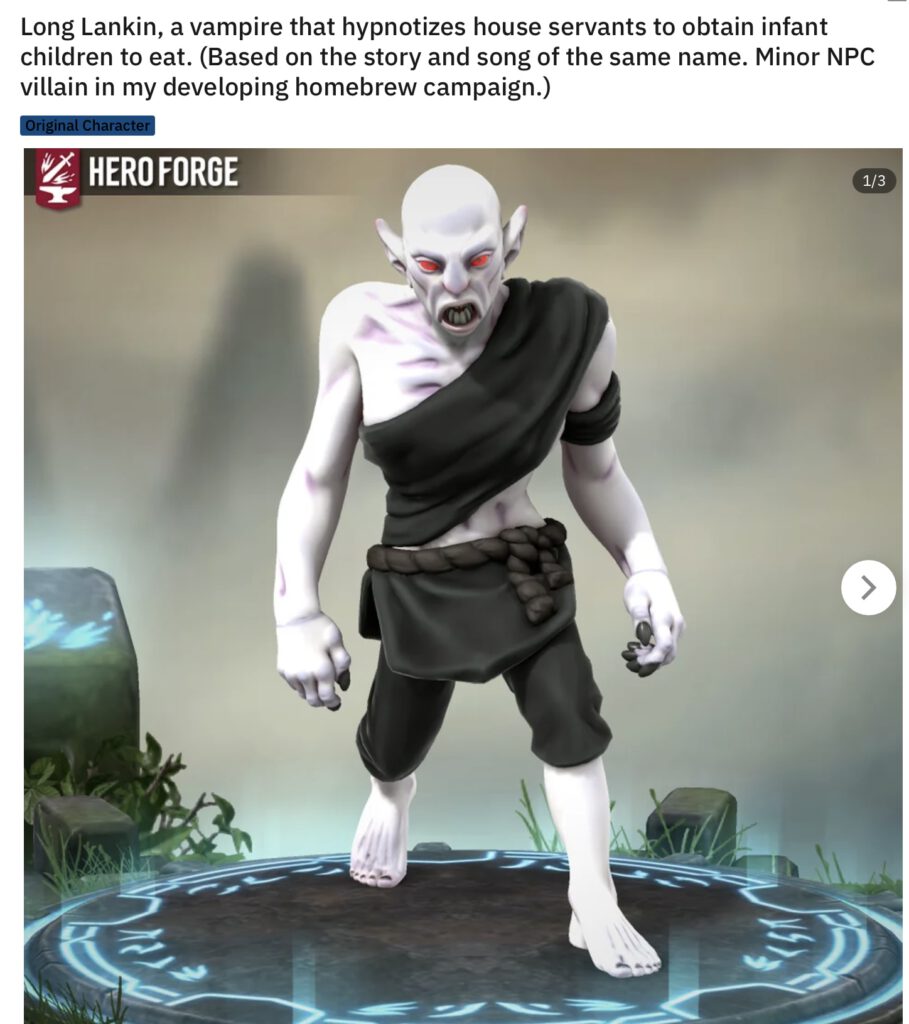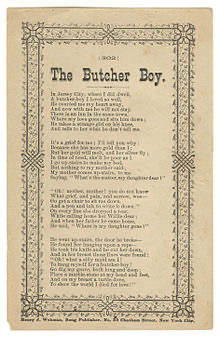Wer oder was ist Lankum?

Ian Lynch: „I wouldn’t call what we do traditional music.“
Daragh Lynch: “When we’re going through traditional things we sit down and go: what is the core emotional thing at the heart of this song?“
Lankum Youtube Channel
Bevor es zur neuen Platte geht (und warum heißt sie eigentlich False Lankum?) wird erst einmal geklärt, woher der Bandnahme kommt.
Von Long Longkin zu False Lankum
Die Ballade Long Longkin erschien 1775 in den Percy Papers und handelte von einem Maurer, der einem Lord ein Schloss baut. als er Bezahlung verlangt, wird er abgewiesen, schwört Rache, kehrt zurück, bringt mit Hilfe einer Pflegerin die ganze Familie um, wird gefasst und gehängt, verbrannt oder in einem Kessel gekocht – je nach Version. das war wohl damals der normale Ablauf einer Ballade.
Dieser Kern bleibt gleich, aber aus Longkin wird Lamkin, Lammikin, Lankin, Lonkin, Lantin, Rankin, Ballkin usw. usw. Der Lord heißt Earie, Erley, Murray, Arran, Cassils oder einfach “Lord“.
Das Lied wurde von Francis J. Child als Child Ballad #93 festgehalten.


Musikszene
Um eine neue Musikszene in einer Stadt zu etablieren braucht man: Clubs und ein Label.
Das Mutterschiff der derzeitigen Musikszene in Dublin ist das Cobblestone bei Smithfield.
2018 gründeten Geoff Travis und Jeannette Lee von Rough Trade Records ein neues irisches Sublabel: River Lea.
Zu den Künstlern gehören Lankum, Lisa O‘Neill, Ye Vagabonds, John Francis Flynn und Brighde Chaimbeul.

Der Titel “False Lankum rührt von einer Version von John Reilly jr., einem Reisenden, der 1971 in seinem Zelt im Kreise der Familie aufgenommen wurde..
Ian Lynch preist die Aufnahme in seinem Podcast
In Irland wurde das Lied häufig auch dazu verwendet um Kinder zu erschrecken. ein üblicher Brauch war es, abends kurz nach draußen zu rufen: “Look, Long Lankin is coming!“ und flugs waren die Kinder im Haus.
Der Text
The Lord said to the Lady,
Before he went out:
Beware of false Lamkin,
He’s a-walking about.
What care I for false Lamkin
Or any of his kin?
When the doors are all bolted
And the windows close pinn’d.
At the back of the kitchen window
False Lamkin crept in;
And he pricked one of the elder babes
With a bright silver pin.
O Nursemaid! O Nursemaid!
How sound you do sleep;
Can’t you hear one of those elder babes
A trying to weep?
How durst I go down in
The dead of the night?
Where there’s no fire a-kindled
No candle to light.
As she was a-going down,
And thinking no harm,
False Lamkin he caught her
Right tight in his arm.
O spare my life! O spare my life!
My life that’s so sweet;
You shall have many bright guineas
As stones in the street.
O spare my life! O spare my life!
Till one of the clock;
You shall have my daughter Betsy,
She’s the flow’r of the flock.
Fetch me your daughter Betsey,
She will do me some good;
She will hold the silver basin
To catch her own heart’s blood.
Pretty Betsey, being up
At the window, so high,
Saw her own dearest father
Come a-riding close by.
Dear father! Dear father!
O blame not of me;
For it was false Lamkin
Murder’d baby and she.
Here’s blood in the kitchen,
Here’s blood in the hall,
Here’s blood in the parlour,
Where the Lady did fall.
False Lamkin shall be hung
On the gallows so high;
While his bones shall be burned
In the fire close by.

“Go Dig My Grave”,
a collage of floating verses from across the ages, began as part of an English 17th-century songbook by Robert Johnson (not that one), was taken up by Jean Ritchie in the 1960s on her wonderful live LP with Doc Watson, and has been revived more recently by Norway’s Susanna. It’s a dark clod, the way Lankum shovel it. Draped across the song is an electronic high-pitched drone, irritating to the ear, like something Scott Walker might have arranged, a supernatural caul or shroud. Keening fi ddle, caterwauling with dead souls. Every beat heavy as a marble slab crashing on a hole in the ground. A comatose funereal march with a coda full of whispers from the other side, the rumour mill of dead souls. It’s a hell of an opening track.
Lankum’s willingness to interrogate songs fathoms more painful territory on False Lankum’s opener Go Dig My Grave. A traditional tale of love, betrayal and suicide, it can come across as a heroic testament to youthful ardour as the young female protago-nist leaves a message for her grieving family to tell the world that she “died for love”. Uncannily voiced by in-house Lorelei Peat, Lankum’s take is a nightmarish graveyard plod. She’s Leaving Home from hell, the song is wrenched inside out to expose the parents‘ grief, as taunting fiddle whines highlight the immature narcissism that prompts the hero-ine to destroy herself for the 18th-century equivalent of Instagram likes.
(Uncut)
https://mainlynorfolk.info/leon.rosselson/songs/digmygrave.html
The New York Trader
The Kharma Police come calling nine verses into Ian Lynch’s assault on the traditional The New York Trader, the pitch rising from sinister to positively bloodthirsty as supernatural forces con-spire to out the song’s cruel sea captain as a heartless killer. Outraged that their commander once did in his master as well as his own “wife and children three”, the half-starved crew fling the captain into the Atlan-tic, but as the storm magically calms, Lankum are far from done, their wheezing, thunderous, Marble Index death trip carrying on into a frenzied coda as the New York Trader’s passengers limp into port: brutalised, terrified, but alive, alive, alive.
(Mojo)
The Turn
“The Turn” begins like a lost tune from Floyd’s Wish You Were Here but fl ourishes over 13 minutes into a leaping throb of joy that shakes a defi ant, heart-pumping fi st at Death itself, and bows out on a garbled rush of noise recalling the notorious feedback interval in My Bloody Valentine’s “You Made Me Realise”. Anyone dealing with folk music in the 21st century is working with salvage, with fl otsam and jetsam from ages gone. Lankum have found a convincing way to keep the damn hulk going, stoking the engines of folk tradition and setting course to who knows when.
(Uncut)
On A Monday Morning
Head down, frown fixed, their gloriously sullen trudge through naval balladeer Cyril Tawney’s requiem for a lost weekend, On A Monday Morning, creaks under the weight of adult responsi-bility. “Too soon to be out of bed,” Daragh Lynch drawls ruefully. “Too soon to be at this bus-queue caper.”
(Mojo)
https://mainlynorfolk.info/cyril.tawney/songs/onamondaymorning.html
Newcastle
Lankum: “We learned this song from Seán Fitzgerald of The Deadlians, whose mother Pauline sang it to him as a child. The tune was first published in The English Dancing Master (1651) where it is simply entitled Newcastle, while the words may be related to a broadside ballad printed in 1620 and entitled The contented Couckould, Or a pleasant new Songe of a New-Castle man whose wife being gon from him, shewing how he came to London to her, & when he found her carried her backe againe to New-Castle Towne.“
https://mainlynorfolk.info/shirley.collins/songs/newcastle.html
Clear Away In The Morning
https://www.masslive.com/entertainment/2013/10/gordon_bok_to_sing_sea_songs_i.html
Lord Adore And Mary Flynn
https://mainlynorfolk.info/folk/songs/princerobert.html
Lankum: Lord Abore and Mary Flynn is an Irish version of the ballad Prince Robert (Child 87). Although Scottish in origin, this is the only version that could safely be said to have survived in the tradition. Although there is a related American ballad called Harry Saunders, this appears to be a relatively modern recreation of the song. It was thought to be extinct in this part of the world until the song collector Tom Munnelly happened to hear it being sung in a Dublin pub in 1969. The singer was Jim Kelly who had learnt it from Frank Feeney of Galloping Green, who in turn had learned it from his wife, a Carlow woman, whose name is, unfortunately, not noted. The two men can be heard singing their respective versions of the song on the album Early Ballads in Ireland 1968-1985.

Und das Beste kommt am Ende

Ian Lynch betreibt seit 2020 einen Podcast mit dem Titel “Fire Draw Near“. Er untersucht darin die traditionelle irische Musik in all ihren Ehrscheinungsformen. Manche Sendungen widmen sich einem Lied seiner Geschichte und seinen Verzweigungsformen. Andere haben mehrere Themen.





